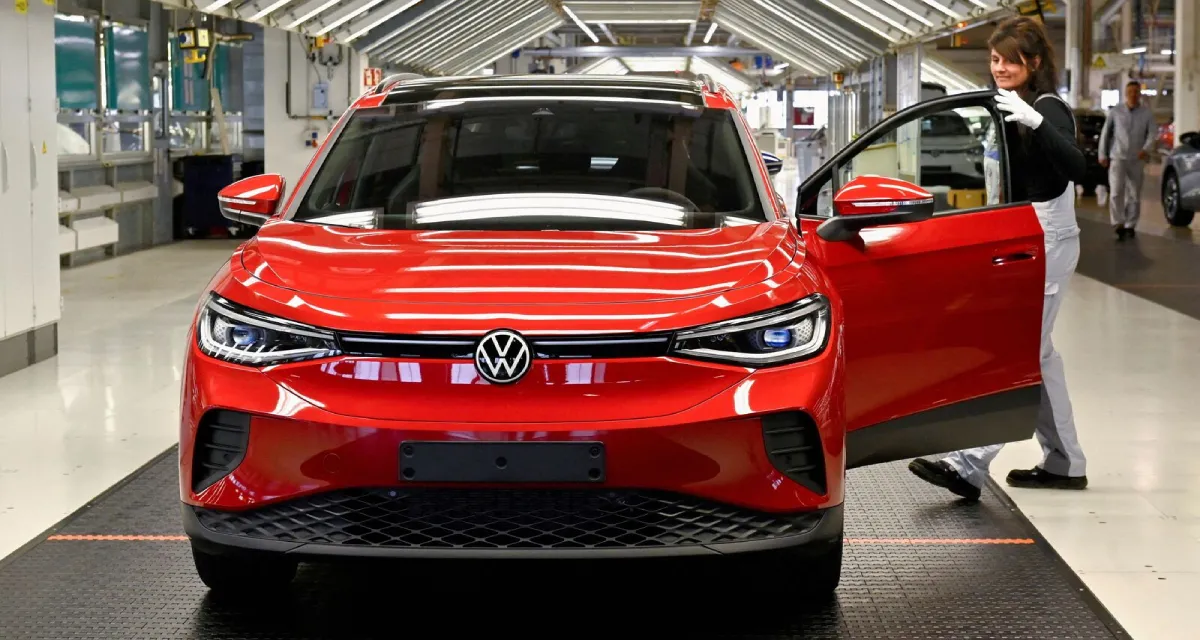

In July 2024, European auto sales remained relatively stagnant, with only a 0.4% increase in new-car registrations compared to the same month last year, totaling 1.03 million units. The European Automobile Manufacturers' Association highlighted a notable decline in electric vehicle (EV) demand, particularly in Germany, the continent's largest car market.
Germany, which has seen a steady drop in EV sales over the past few months, experienced a 37% decline in fully electric car sales in July. This downturn is partly attributed to the abrupt end of EV subsidies in mid-December and the ongoing economic challenges in the country, which have dampened consumer spending. As a result, more buyers are gravitating toward less expensive hybrid vehicles, which saw a significant 24% increase in sales for the month.
According to Constantin Gall, a managing partner at EY in Munich, the high cost of EVs remains a major barrier to their wider adoption. Manufacturers are being forced to extend the coexistence of combustion engines and electric vehicles due to these cost concerns. The broader decline in EV demand has led automakers to reconsider their plans for phasing out internal combustion engines. Volkswagen AG, for instance, is exploring deeper cost cuts, including the potential closure of an Audi EV plant near Brussels. Stellantis NV, the region's second-largest automaker, has also been reevaluating its underperforming brands following a significant drop in net income during the first half of the year. Similarly, Mercedes-Benz Group AG has revised its margin forecast for the year and acknowledged that the transition from combustion engines to electric vehicles will take longer than initially expected.
While EV sales struggled, hybrid vehicles gained considerable traction, with registrations jumping 24% in July and a 22% increase over the first seven months of the year. However, the category of hybrids is broad and includes vehicles that use batteries merely to enhance performance or run electrical systems. The market share for plug-in hybrids, which can operate like true EVs for a limited range before switching to a combustion engine, has decreased year over year.
Further complicating the outlook for Europe's EV market are the rising trade tensions with China. The European Union has accused Beijing of unfairly subsidizing its electric car industry, prompting the EU to announce additional tariffs on EVs imported from China, set to take effect in November.
Overall, EVs accounted for 13.6% of total vehicle sales in Europe last month, down from 14.5% the previous year. In contrast, sales of gas-powered cars dropped by 8.4%, and diesel vehicles declined by 11%. Tesla Inc. also faced challenges, with its sales falling by 15% in July and 12% over the first seven months of the year. As Europe navigates these challenges, hybrid vehicles have emerged as the current market winners, reflecting shifting consumer preferences amid economic uncertainty and evolving industry dynamics.
Also Read: